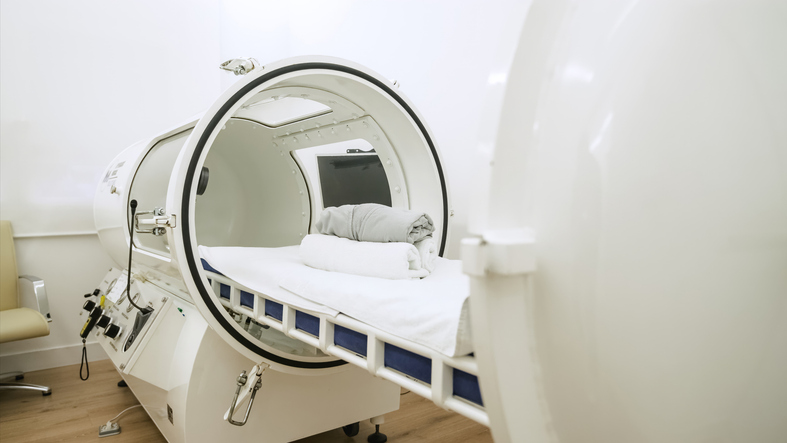It can start with something as simple as a scrape on the knee. But a hospital visit, unfortunately, can end in the loss of a limb or even a life.
Methicillin-resistant Staphylococcus aureus bacterial infections (MRSA)–staph infections that resist antibiotic treatment–are on the rise, killing 90,000 hospital patients a year, according to the Centers for Disease Control and Prevention (CDC). On August 15, two Maryland facilities began fighting back.
Franklin Square Hospital Center and the Johns Hopkins Hospital in Baltimore were selected in July as test sites for a two-year initiative sponsored by the Delmarva Foundation, a Maryland-based, national nonprofit organization that seeks to improve community health. Depending on the findings, the program could be used in other state hospitals eventually.
“This is an exciting opportunity to learn new ways to facilitate implementation of MRSA preventive techniques, reduce hospital-acquired infections, and improve care to our patients,” said Dr. Anthony Sclama, vice president of medical affairs at Franklin Square.
Growing Threat
According to a 2002 issue of Morbidity and Mortality Weekly Report, published by the CDC, MRSA infections are expected to increase as the bacteria mutates to evade antibiotics such as vancomycin. But by screening incoming patients, isolating those who test positive for MRSA strains, and improving hygiene practices, the hospitals are seeking to curb what some health experts are calling a national epidemic.
The project is being cosponsored by the Maryland Patient Safety Center and CareFirst, Maryland’s largest health insurer. MRSA cases at the two pilot sites will be tracked using donated computer software.
“Through a knowledge-sharing network, we hope to be instrumental in spreading effective strategies throughout all hospitals in the mid-Atlantic region,” said Dr. Jon Shematek, CareFirst’s vice president for quality and medical policy.
Spiraling Costs
The initiative comes at a time when insurance companies are being slammed by the costs associated with MRSA infections. Compared to developing nations, the United States has been particularly challenged by eliminating MRSA transmissions, because a significant number of people unknowingly carry the bacteria and hospitals don’t screen them for it at the time of hospital admission. That allows the bacteria to spread unchecked from patients to lab coats and equipment.
In Europe, patients are tested for MRSA when entering the hospital. Those who test positive are quarantined and treated separately from the general population.
The practice works, according to the CDC. MRSA shows up in 10 percent of bacterial infections in Holland and Denmark, but 60 percent of infections in the United States.
Changing Policies
The Maryland Hospital Association (MHA) has opposed screening in the past because of high costs. In March, the group opposed a bill sponsored by state Sen. Paula C. Hollinger (D-Baltimore County) that would have required hospitals to test incoming patients for MRSA infections. MHA Senior Vice President Beverley Miller told The Baltimore Sun for a March 13 story that MHA supported efforts to reduce MRSA cases, but felt tracking measures were premature.
Now the group is helping to organize the new initiatives and will present the findings to other state hospitals.
“We absolutely do support the two-year initiative,” MHA spokesperson Nancy Fiedler said.
Bottom Line
Dr. Sheldon Kaplan, chief of the infectious diseases division at Texas Children’s Hospital in Houston, has monitored MRSA infections for the past six years. He warned screening practices at mid-Atlantic hospitals, or any hospital for that matter, will not stop the problem, because it is rooted in communities, not hospitals.
Kaplan said there is no easy way to fix the problem at the community level.
“A vaccine is the only solution,” Kaplan said. “And that’s something that is still in the research stages.”
Gregory Brown (brown.mem@gmail.com) is a freelance writer in New Rochelle, New York.



